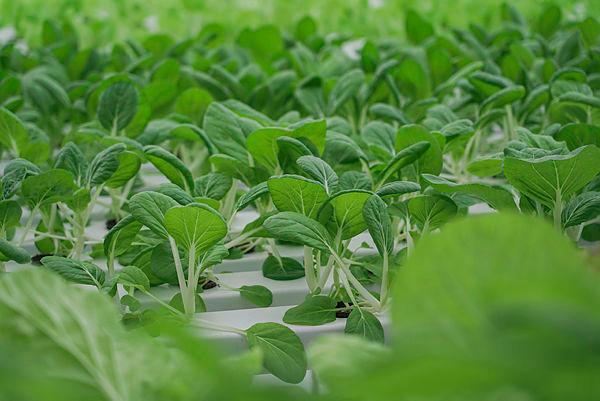KUALA LUMPUR: To manage the rising cost of living, especially the increasing prices of necessities, an academic has urged the public to grow vegetables using the hydroponic method.
Universiti Malaysia Terengganu (UMT) Agricultural Biotechnology lecturer Dr Ramisah Mohd Shah said this would lower the food bill and give them an edge in managing expenses.
“Vegetables such as mustard, kale, spinach and lettuce, among others, can be cultivated through hydroponics.
“These vegetables do not require much space, are easy to maintain and economical to grow.
“UMT Plant Science programme researchers have introduced a vertical method of growing plants such as beans, carrots, cucumbers and eggplant to school students and those staying in flats.”
Ramisah said UMT has also implemented various knowledge transfer programmes to improve economic status of the asnaf (tithe receiving community) and the B40 group.
She added that the ongoing increase in the price of necessities has caused the public to worry, especially the B40 group, and her suggestions will be of help to those in need.
“The situation gets worse when income is reduced as the country faces economic uncertainty caused by external factors. This also affects the business sector.
“The 2024 Economic Outlook contained several studies showing the cost of living, low savings and salary rates, which are now becoming worrisome and constraining household recovery efforts.
“A similar report in 2022 showed that the number of respondents who did not have sufficient emergency savings increased. They could only survive for less than three months with existing savings compared with 53% in 2019.”
She said the current situation has forced the public to find other initiatives to reduce the cost of living pressures.
UMT vice-chancellor Prof Datuk Dr Mazlan Abd Ghaffar said the university always emphasised three main roles.
These are the generation of new knowledge through impactful research, its dissemination through quality academic programmes, and the transfer of research-based knowledge to provide solutions to various science, technology and socio-economic problems.
“We have run courses on soap production from used cooking oil, a livestock project, oyster mushroom planting, fish-based downstream products, and a Nipah crab technology project.”
Mazlan said UMT has also organised a technology, fishing equipment and community empowerment project for sustainable harvesting of coastal plant resources.
Others included brine shrimp and black soldier flies larvae projects, he added.









